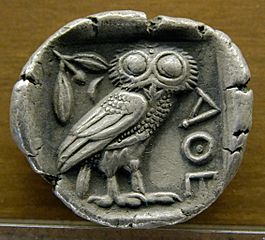
People described as Traditionalists … only have a sort of tendency or aspiration towards tradition without really knowing anything at all about it; this is the measure of the distance dividing the “traditionalist” spirit from the truly traditional spirit, for the latter implies a real knowledge, and indeed in a sense it is the same as that knowledge. Continue reading



